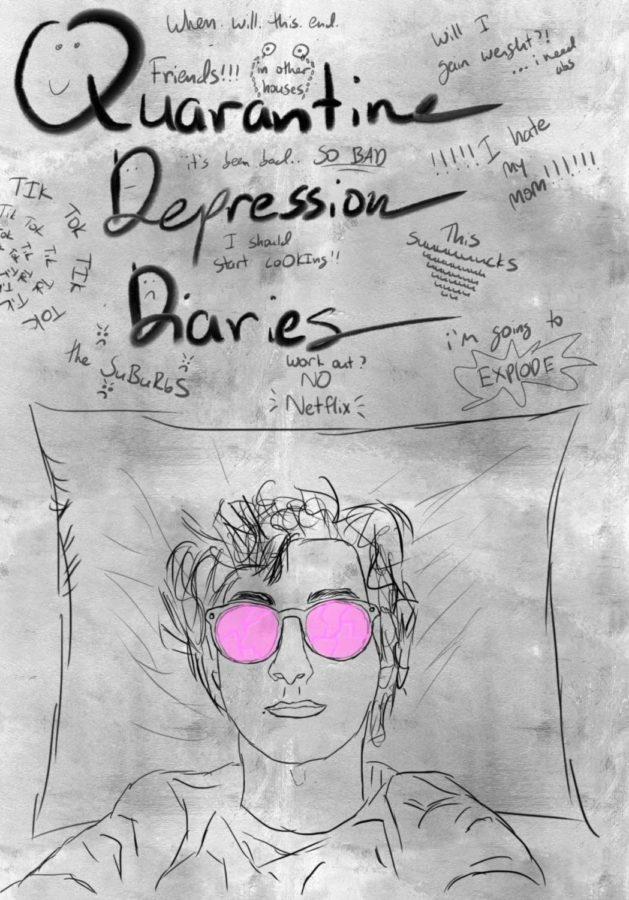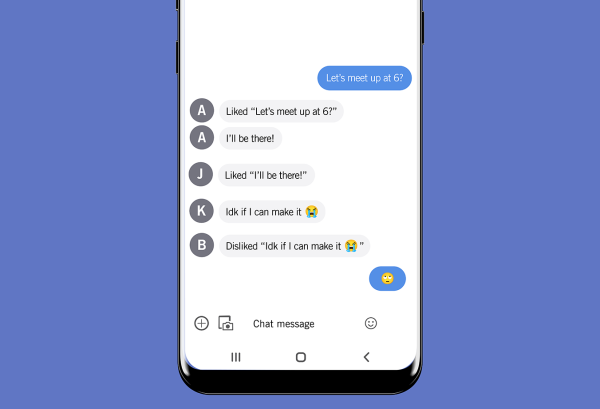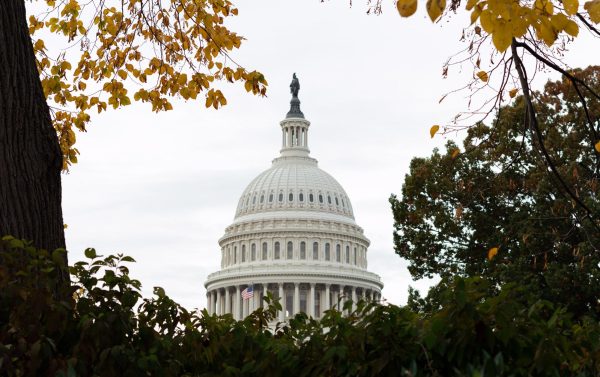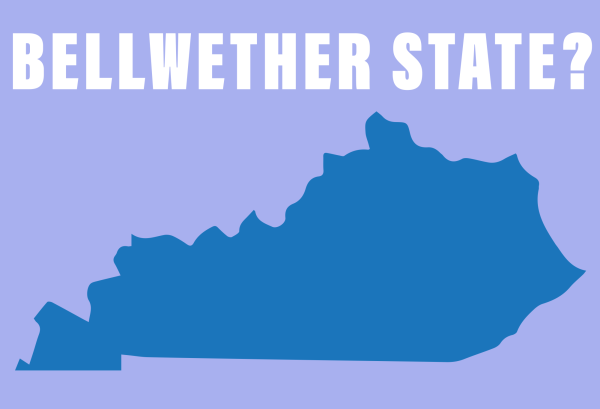Quarantine Depression Diaries: We must not forget the College Board
May 25, 2020
With schools switching to online learning amid the pandemic, the education empire College Board had to make quick changes to its AP exam to accommodate social distancing guidelines. Tests were shortened to 45 minutes, conducted at home without a proctor and changed to open book/note.
To us college students who have had to suffer through these three-hour long exams in the past, this sounds like an unjust cakewalk. To the numerous high schoolers who couldn’t submit their AP exams and need to take a makeup exam in June, it’s unfair computer malfunctioning that has led to a class action lawsuit against the College Board. To the education empire, it doesn’t matter, as long as they get their money.
The College Board’s nearly unmatched influence has grown significantly over the past decade, making it the Amazon of education. Through many lobbying efforts topping over $1.7 million in 2013 stressing the importance of the opportunities it offers, the number of students taking AP exams has nearly doubled from 2006-2016. Though some subsidies have made it so students don’t have to pay the current price of $94 for the exam, this still amounts to a ton of money for the organization.
Though it is advertised as a non–profit, the College Board in 2013 claimed total revenue of $1 billion with a net revenue of $44 million from its SAT and PSAT programs. While a fair amount of money is going back into the system, one has to question where the price tag of $94 comes from. I always thought that it consisted of material costs like paper, printing, etc. But with the exams being online this year for the same price, I can’t help but think that they have large profit margins in mind.
Online exams come with major setbacks. The exam was shortened from several hours to 45 minutes and was conducted at home with notes available. While the short time limit makes it harder to look at notes, students have infinitely more accessibility to these materials than ever before. Furthermore, if you so happen to have someone in your house who knows the material, they can type (to avoid handwriting inconsistencies) your answers for you and no one will know the difference because it’s impossible to check it.
This cheat didn’t have a chance of working for thousands of students, though, because they couldn’t submit their answers due to website issues. For this, a lawsuit has been filed against the College Board asking for $500 million in compensation for the issues as the only other option is to take the retest in June.
Though this accounts for less than 1% of students who took an exam, that’s still thousands of students, which is too many considering the wealth of the College Board. Students without proper technology and reliable WIFI suffer the greatest setback as they have no way of taking the exam.
While a full refund option is available for possibly the first time ever if you no longer wish to take the exam, the failure to properly regulate it demands accountability from the organization. An answer through email option has been created, but this doesn’t apply to students who already failed to submit their exam and need to wait for the June make-up.
Students with disabilities are also at a loss. A legally blind high school student filed a complaint against the College Board for their failure to make the online exam accessible to blind and deaf students. While the organization utilized a braille display and screen reader, this isn’t enough for some students who need extra breaks, a hard-copy braille exam and any clarification that the paper exam offers.
Even with these added bonuses/short-comings, scores might not reflect all these issues. The College Board utilizes a bell curve grading system: if a lot of students receive high scores, the test was too easy so they make it harder to get them; if a lot of students receive low scores, the test was too hard so they make it easier to get a higher score. This could act as a shield for any accountability since the scores wouldn’t be much different from previous years.
Data from the College Board shows that this bell curve, while representative of some exams, doesn’t fit all of them well. Who is deciding these curves, with what calculations? Why are exams with consistently lower scores not made easier?
In my first AP class my freshman year, AP Human Geography, my teacher had a common phrase that mirrors this grading habit: be a hero, get a zero. This means that if you don’t want to try, at least write something at all related to the topic so you get a zero instead of a null score, which helps the curve for other students.
Suddenly, your AP score is not a reflection of your own personal academic prowess. It becomes a representation of the knowledge of thousands of other students who took the exam from thousands of other schools, what questions a group of teachers decided to toss out for being too hard, what teacher graded your free response answers, how much more coffee that teacher needed and, ultimately, how the curve was calculated that year.
The College Board holds a vast array of power over the college process. Get more credits, test out of college classes, get further ahead. It sounds like a great promise, but what happens when there’s a glitch in the system? What happens when the already dwindling trust is broken?
The University of California system will no longer require ACT/SAT admissions, a big blow to the College Board that represents a cultural shift away from umbrella testing. (The UC system will make its own test, though, but with scores that won’t be based on so many other students’ results.) According to a Kernel article, UK is also working with local school districts to create college credit opportunities by taking an equivalent course in high school.
After decades of ruling the college process, we could finally be saying goodbye to this academic tycoon.



























































































































































